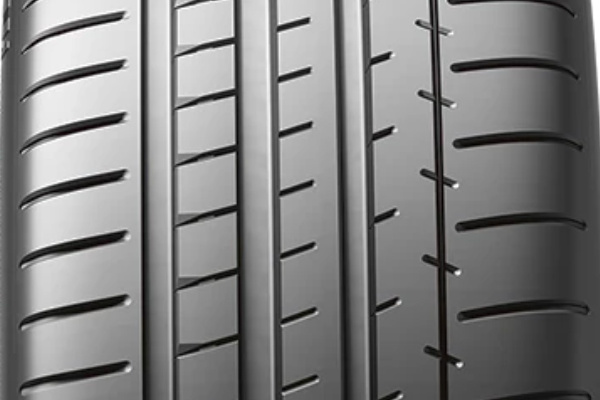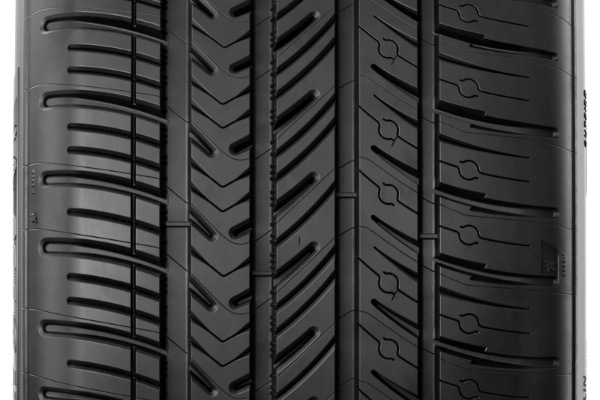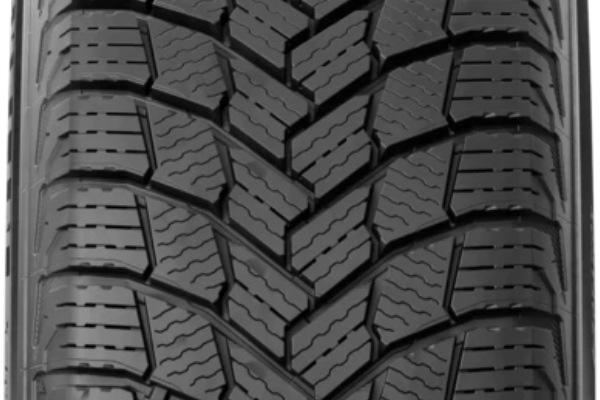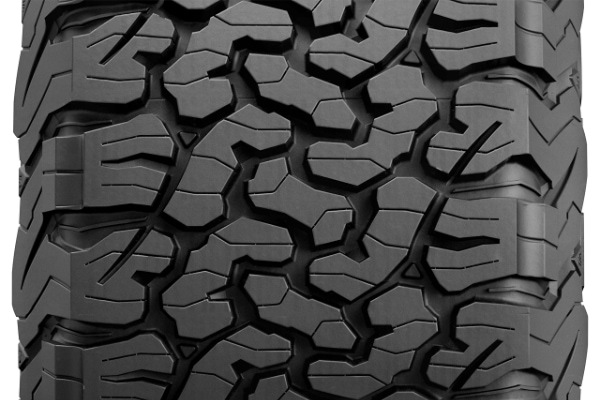Understanding Different Types of Tires and Their Best Uses
Posted by BB Wheels on 8th Aug 2024

Understanding Different Types of Tires and Their Best Uses
At BB Wheels, we understand that choosing the right tires for your vehicle is crucial for safety, performance, and comfort. With so many options available, it can be challenging to decide which type of tire is best for your needs. In this post, we'll explain the differences between summer, all-season, winter, and all-terrain tires, helping you make an informed decision for your next tire purchase.
Summer Tires
Description and Construction
Summer tires are designed for optimal performance in warm weather. They have a unique tread pattern with fewer grooves and a smooth, continuous rib that enhances contact with the road. The rubber composition is softer, providing excellent grip and handling on dry and wet roads.

Best Weather/Environment for Use
- Warm weather conditions (above 45°F/7°C)
- Dry and wet roads
- Ideal for high-performance driving
Pros and Cons
- Pros: Superior handling and braking, excellent cornering, reduced rolling resistance for better fuel efficiency.
- Cons: Poor performance in cold temperatures and snowy conditions, faster wear in colder climates.
All-Season Tires
Description and Construction
All-season tires are designed to perform well in a variety of conditions, including dry, wet, and light snow. They have a moderate tread pattern with more grooves than summer tires, providing a balance between performance and versatility. The rubber composition is formulated to remain flexible across a range of temperatures.

Best Weather/Environment for Use
- Moderate climates with mild winters
- Year-round driving
Pros and Cons
- Pros: Versatile performance, longer tread life, suitable for a wide range of weather conditions.
- Cons: Compromise in extreme conditions, not as effective as summer tires in hot weather or winter tires in cold weather.
Winter Tires
Description and Construction
Winter tires, also known as snow tires, are specifically designed for cold weather conditions. They feature a deep tread pattern with numerous sipes (small slits) that provide extra grip on snow and ice. The rubber composition remains flexible in low temperatures, ensuring better traction.

Best Weather/Environment for Use
- Cold weather conditions (below 45°F/7°C)
- Snowy and icy roads
Pros and Cons
- Pros: Superior traction in snow and ice, improved braking and handling in cold conditions.
- Cons: Faster wear in warm weather, reduced fuel efficiency due to increased rolling resistance.
All-Terrain Tires
Description and Construction
All-terrain tires are designed for off-road adventures while still providing acceptable on-road performance. They have an aggressive tread pattern with large, deep grooves and reinforced sidewalls to handle rough terrain. The rubber composition is durable, offering resistance to punctures and cuts.

Best Weather/Environment for Use
- Off-road driving (mud, gravel, sand, rocks)
- Versatile enough for on-road use
Pros and Cons
- Pros: Excellent off-road traction, durable construction, versatile for different terrains.
- Cons: Noisy and less comfortable on paved roads, reduced fuel efficiency compared to highway tires.
Wrapping Up
Choosing the right tires for your vehicle depends on your driving habits, climate, and performance needs. At BB Wheels, we offer a wide selection of tires to suit every requirement. Whether you're looking for the ultimate summer performance, all-season versatility, winter safety, or off-road capability, we have the perfect tires for you. Call us at 320-333-2155 to speak with one of our tire experts and find the best tires for your vehicle today.

